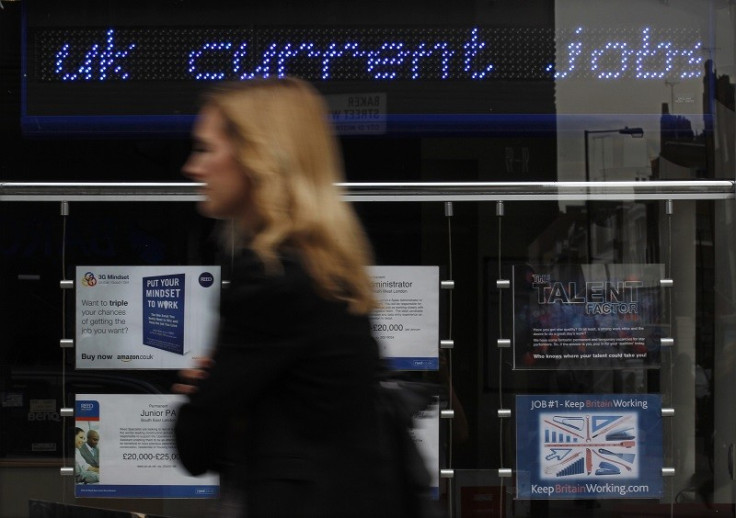UK Job Vacancies Hit 15-Year High as Salaries Accelerate

Job vacancies in the UK rose at their strongest rate in more than 15 years in November, according to new research.
The Recruitment and Employment Confederation (REC) and KPMG Report On Jobs posted 65.6 points last month for job opportunities, up from 64.2 in October - representing the highest level since July 1998.
The study, which explained readings more than "50" signal an increase or improvement, questioned 400 UK recruitment and employment consultancies.
The research revealed permanent staff vacancies (65.8) saw stronger growth than temporary opportunities (62.6) last month.
"Six months ago - after almost five years of pain - most employers were wondering just how real the signs of recovery were," said Bernard Brown, partner and head of business services at KPMG.
"But people have short memories and, if the latest recruitment figures are anything to go by, they may well now be wondering what all the fuss was about."
The report also found growth of permanent staff salaries accelerated further, reaching the strongest rate (59.7) since November 2007.
In addition, temporary workers and staff on contracts also saw their pay jump as the report's index hit 55.6 in November, up from 54 the month before.
"The fact that our figures show starting salary growth hitting a six year high, combined with continued skill and talent shortages, indicates that we can expect salaries to increase and job fluidity to accelerate into 2014," said Kevin Green, chief executive officer of the REC.
But the research also revealed the availability of candidates to fill permanent roles fell further in November.
In particular, the report said engineering and IT staff were frequently reported to have been in short supply.
The study found the availability of permanent staff dropped to 40.7 in November, down from 42.9 the month before and a dip from 48.3 in June.
In comparison, the availability of temporary/contract staff also dropped to 43.1 over the same period, down from 44.6 in October and well below June's 53.1 score.
© Copyright IBTimes 2024. All rights reserved.







